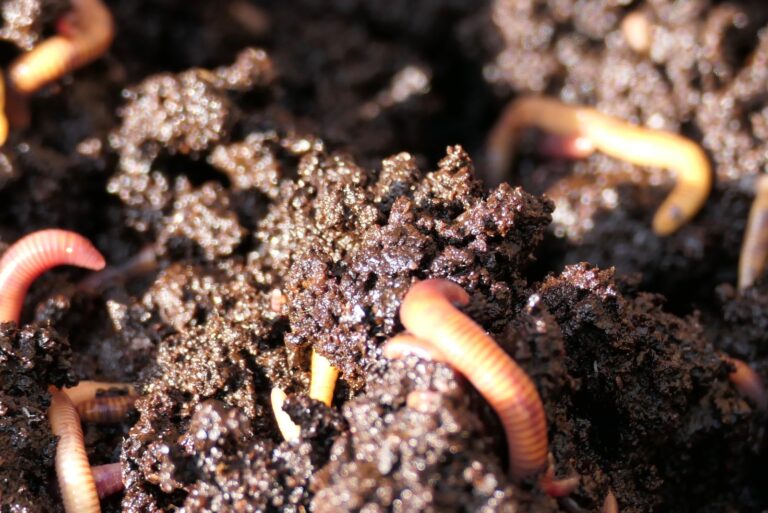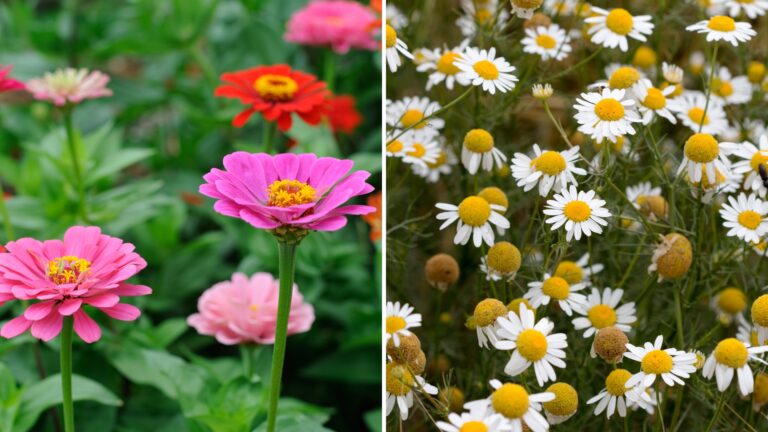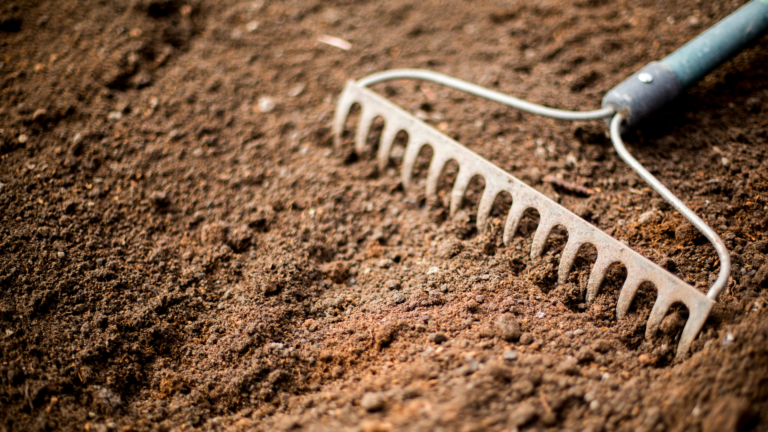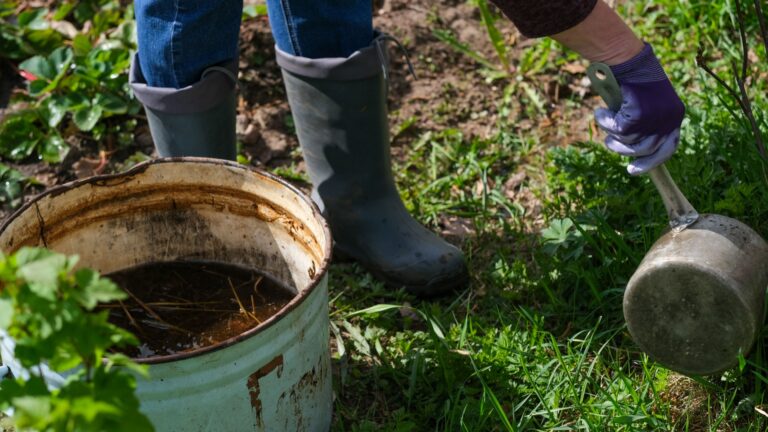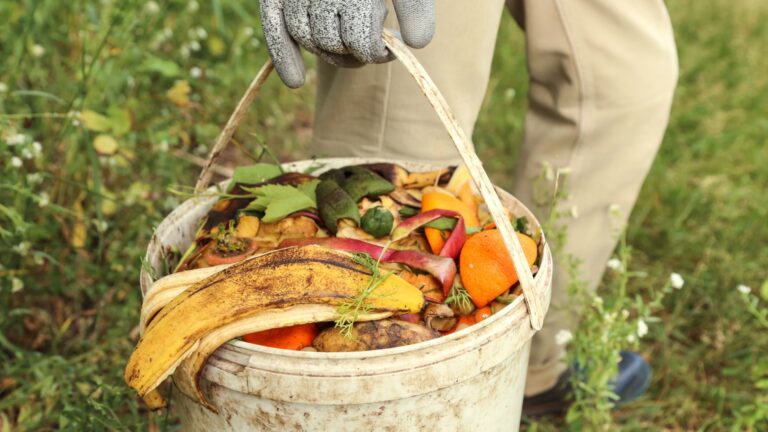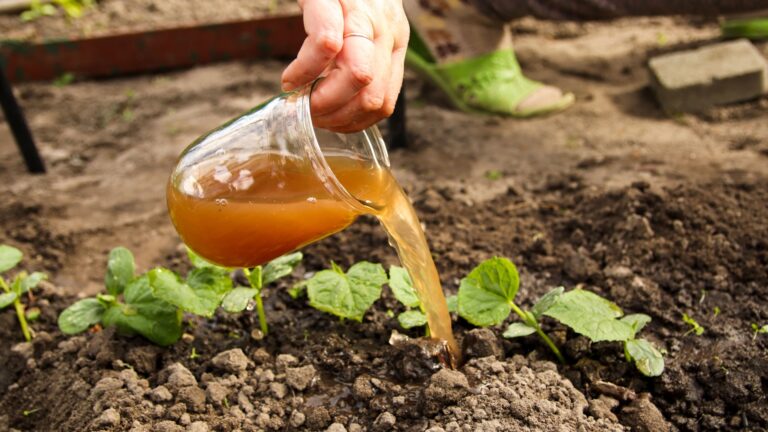New York City Gardeners Swear This Kitchen Staple Works Better Than Fertilizer
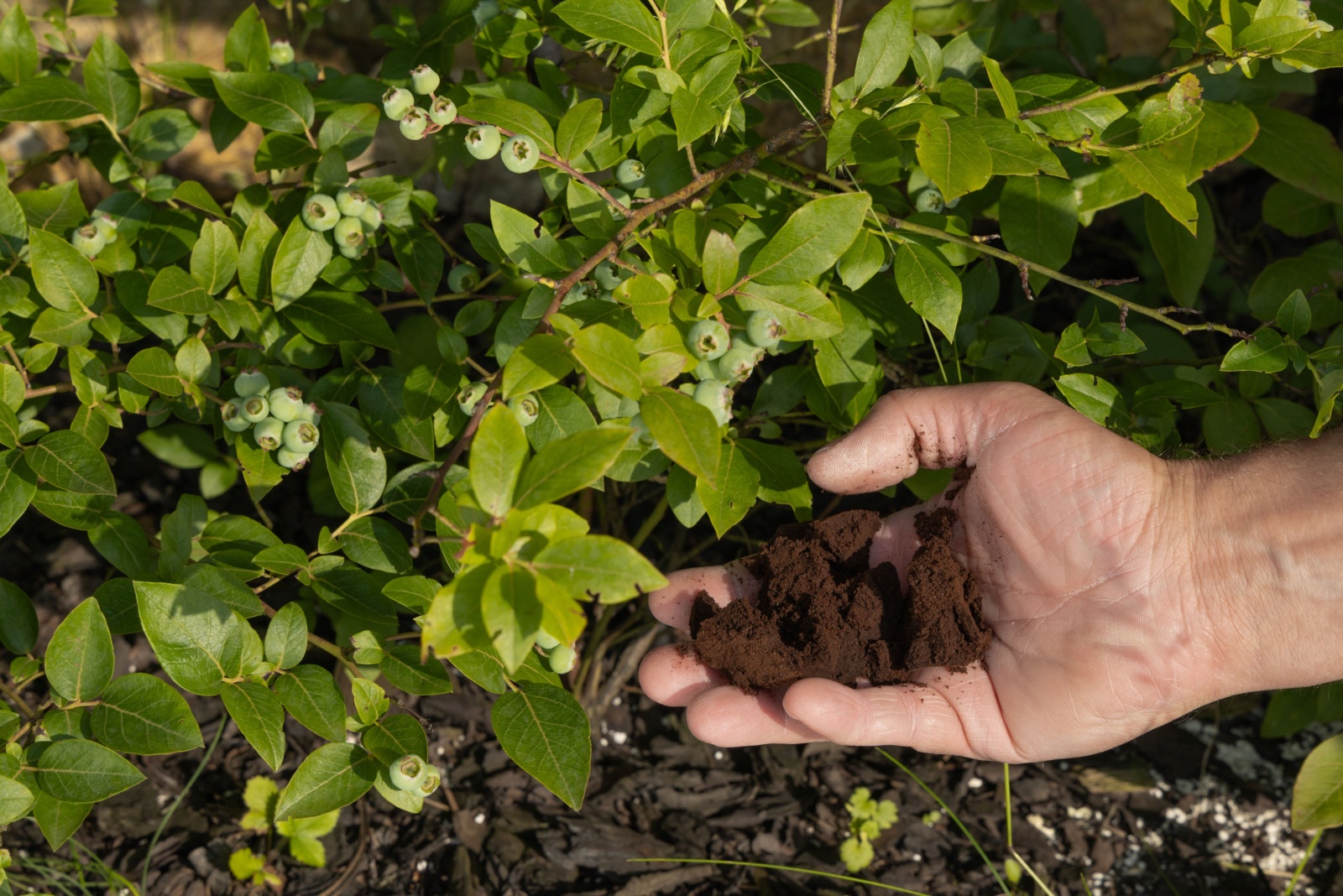
New York City gardeners love a good shortcut, and this everyday kitchen staple has become their secret weapon for greener, stronger plants. In a place where every inch of growing space counts, anything that pulls double duty is worth its weight in gold.
This simple ingredient slips right into the soil and gives plants a boost that many swear outperforms store-bought fertilizer, making it a go-to trick in gardens from rooftops to balconies.
1. Nitrogen Boost Without The Price Tag
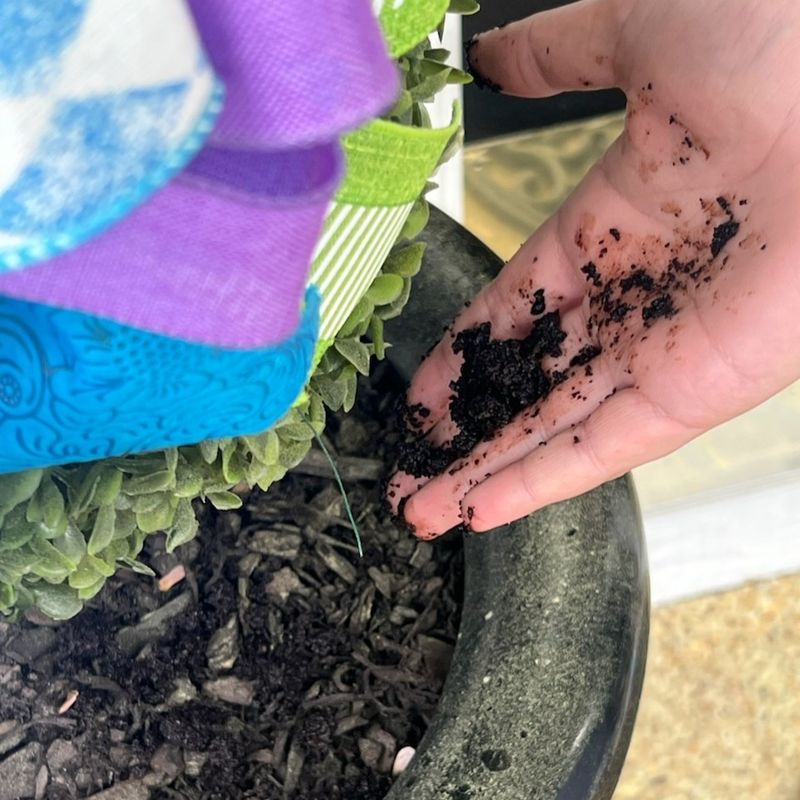
Your plants crave nitrogen to grow strong and green, and coffee grounds deliver exactly that. Fresh grounds contain about 2% nitrogen, which plants absorb as the grounds break down in soil.
Commercial fertilizers cost a fortune in NYC, but your morning brew gives you free plant food daily. Simply sprinkle cooled grounds around your vegetables, flowers, or herbs.
The slow-release nature means plants get steady nutrition over weeks rather than one big burst that can burn roots.
2. Earthworm Magnet For Healthier Soil
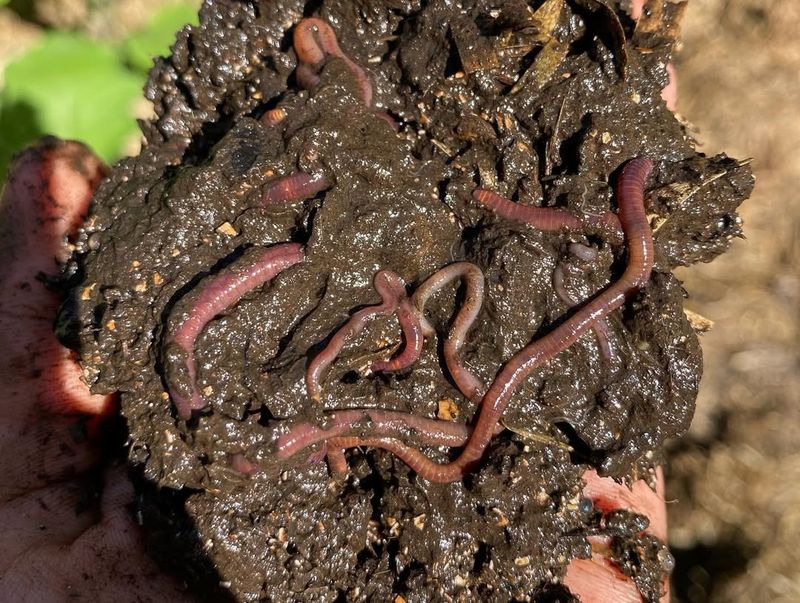
Worms absolutely love coffee grounds and will flock to your garden when you add them. These underground helpers create tunnels that bring oxygen to plant roots and improve drainage in compact city soil.
As worms munch on the grounds, they produce castings that are like superfood for plants. Brooklyn gardeners report seeing double the worm population after adding grounds regularly.
Better yet, more worms mean softer, richer soil that holds moisture perfectly during hot summer months.
3. Natural Pest Deterrent That Actually Works
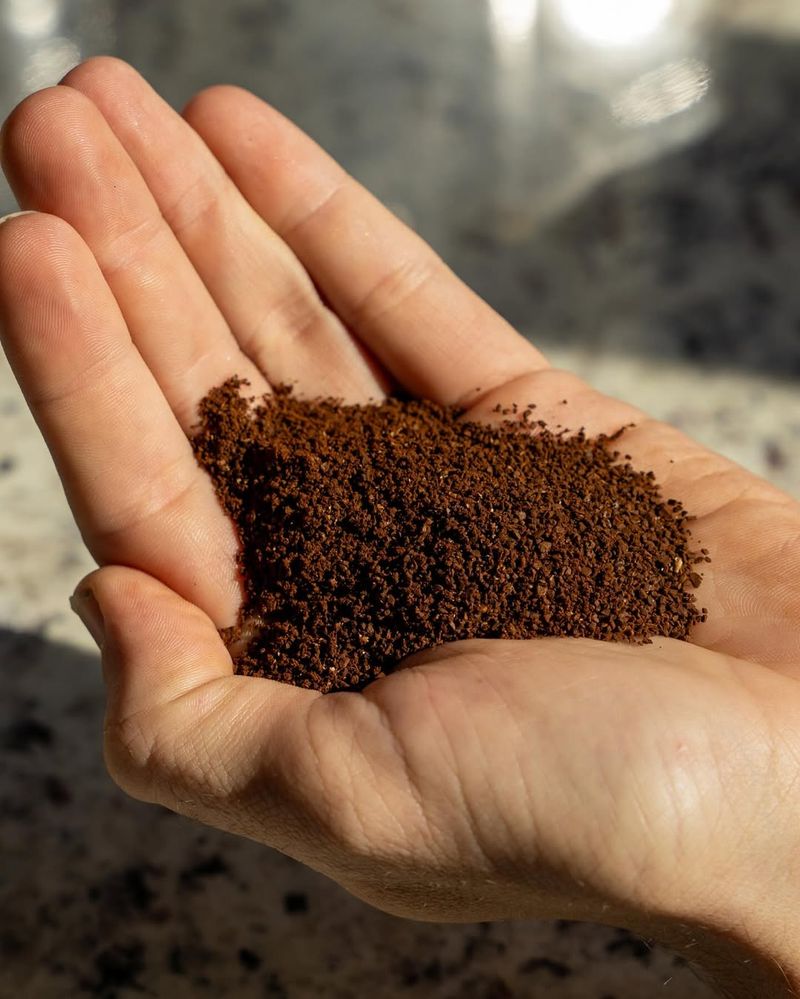
Slugs, snails, and ants hate crossing coffee grounds because the texture irritates their bodies. Creating a ring of grounds around prized plants forms a natural barrier that keeps pests away without toxic chemicals.
Manhattan rooftop gardeners swear by this method for protecting lettuce and strawberries from destruction. The caffeine itself is mildly toxic to many soft-bodied insects.
Unlike chemical pesticides, this solution is safe for kids, pets, and beneficial insects like bees and butterflies.
4. Acid-Loving Plants Thrive Like Never Before
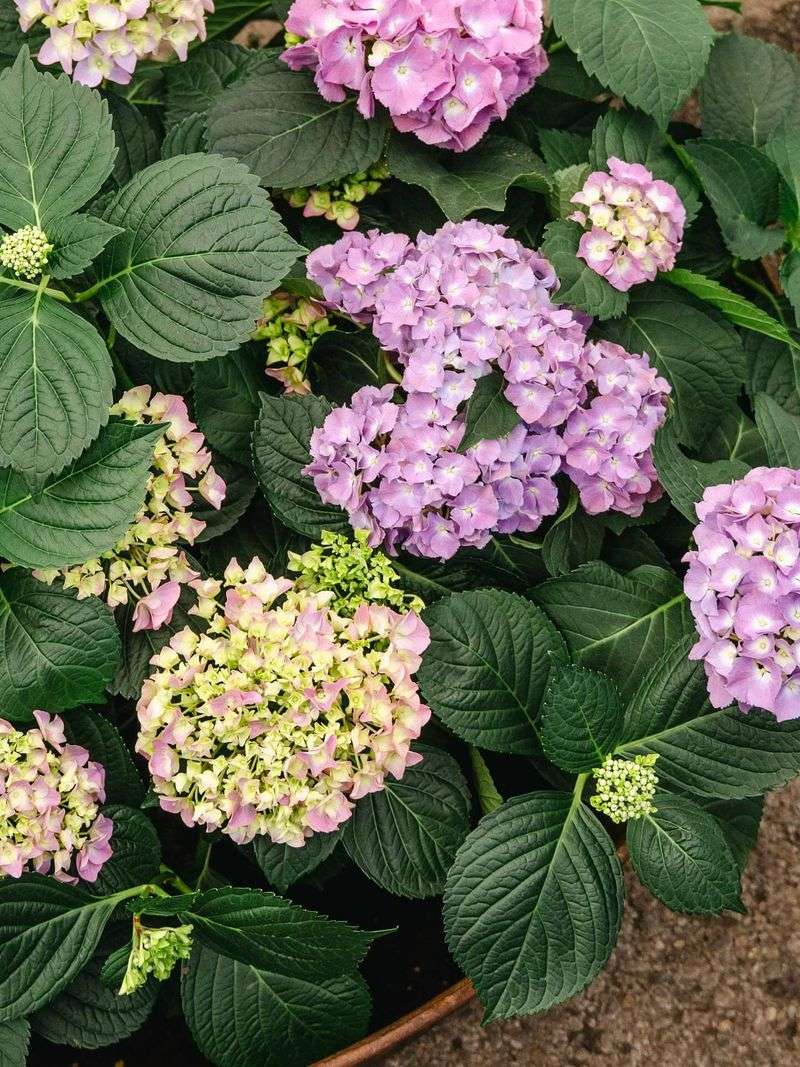
Blueberries, azaleas, hydrangeas, and roses all prefer acidic soil, which is hard to maintain naturally in NYC. Coffee grounds lower soil pH gradually, creating the perfect environment for these plants to flourish.
Queens gardeners report bigger blueberry harvests and more vibrant hydrangea blooms after adding grounds monthly. The acid also helps unlock nutrients in soil that plants couldn’t access before.
Mix grounds into the top few inches of soil around acid-lovers for best results.
5. Compost Activator That Speeds Decomposition
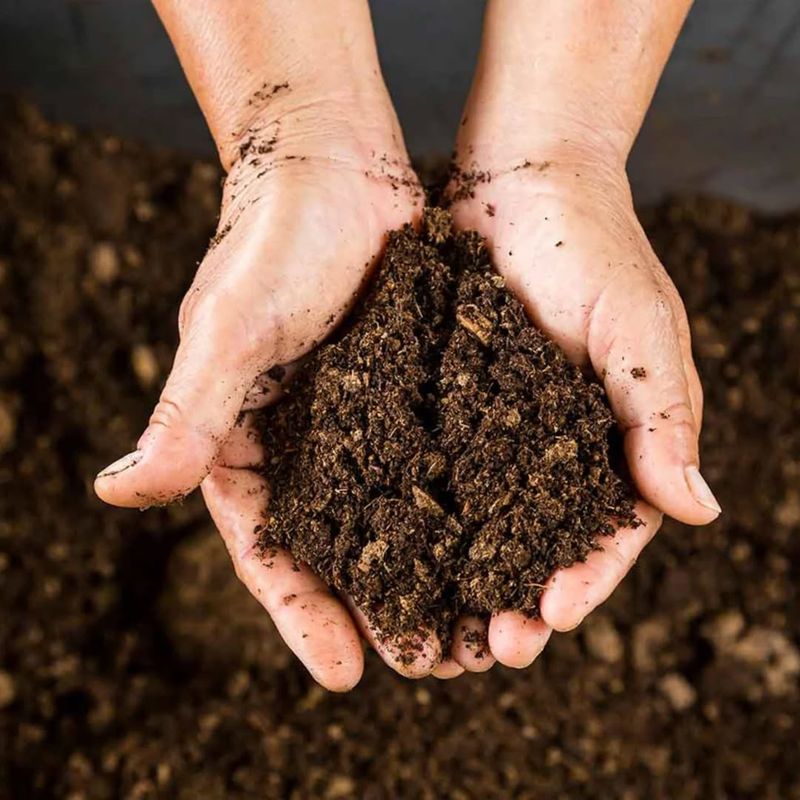
Adding coffee grounds to your compost pile jumpstarts the decomposition process because they count as nitrogen-rich green material. The grounds heat up the pile, helping break down tougher items like leaves and cardboard faster.
Bronx community gardeners cut their composting time nearly in half by adding grounds three times weekly. Balance is key though—grounds should make up only about 20% of your total compost.
The result? Rich, dark compost ready for spring planting in just months instead of a full year.
6. Water Retention Helper For Thirsty Container Gardens
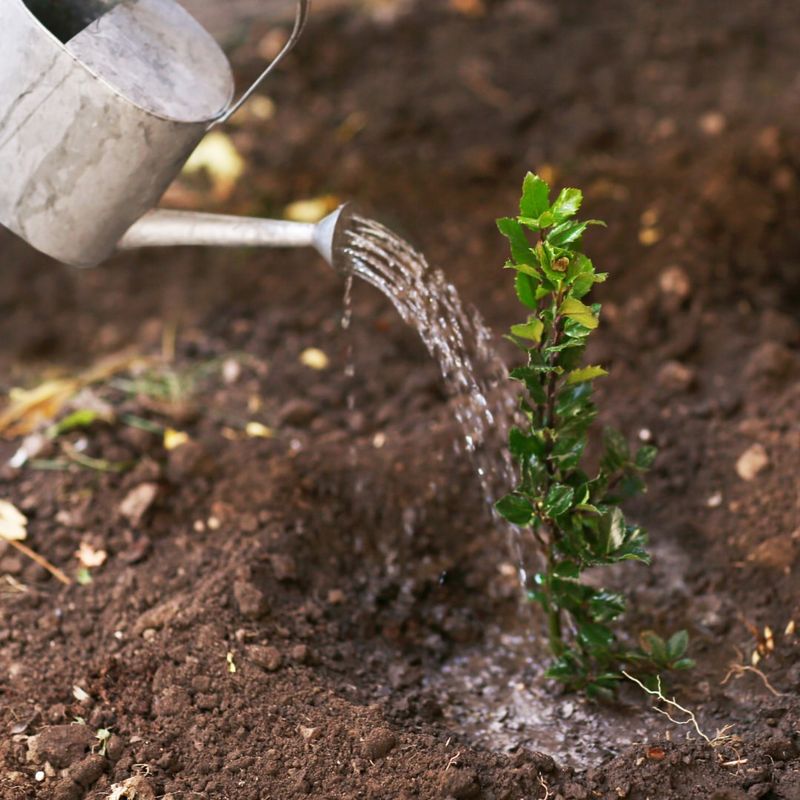
Container gardens dry out quickly on sunny NYC balconies and fire escapes, requiring constant watering. Mixing coffee grounds into potting soil helps it retain moisture longer because the grounds act like tiny sponges.
Staten Island balcony gardeners water half as often after adding grounds to their containers. Plants stay hydrated during heat waves without drowning from overwatering.
This trick saves time, reduces water bills, and keeps plants happy even when you forget to water for a day or two.
7. Mushroom Growth Reducer In Damp Urban Conditions
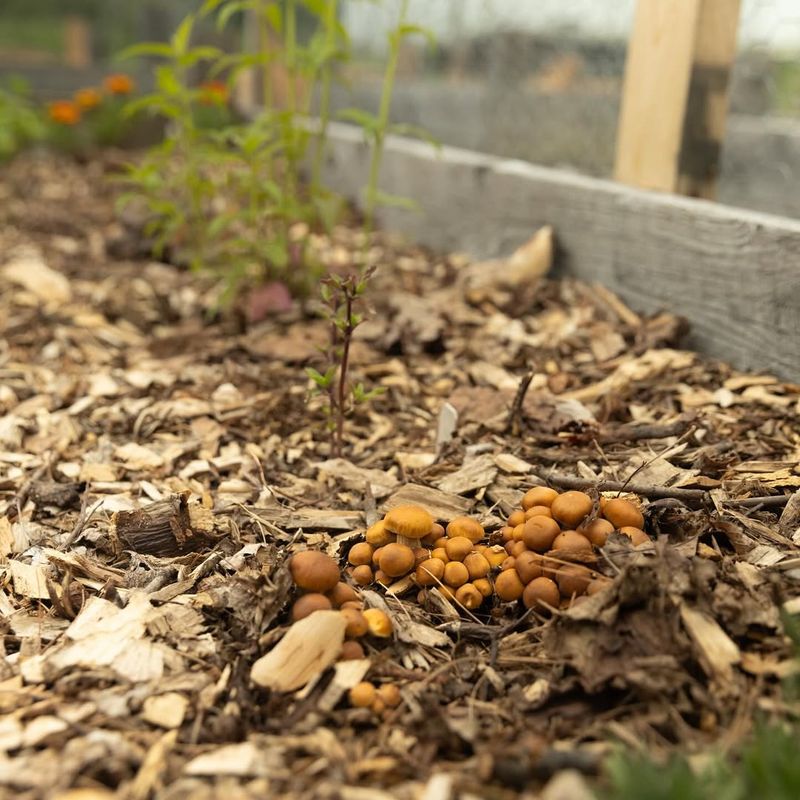
NYC gardens often struggle with unwanted mushrooms popping up in shady, damp spots where fungus thrives. Coffee grounds create conditions that discourage certain fungal growth while still supporting beneficial soil microbes.
Upper West Side gardeners noticed fewer mushrooms appearing in their shade gardens after regular ground applications. The grounds alter the soil environment just enough to make it less hospitable for fungal spores.
While not eliminating all mushrooms, this natural approach significantly reduces the problem without harsh fungicides that harm soil health.

